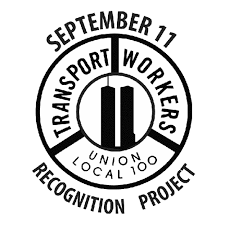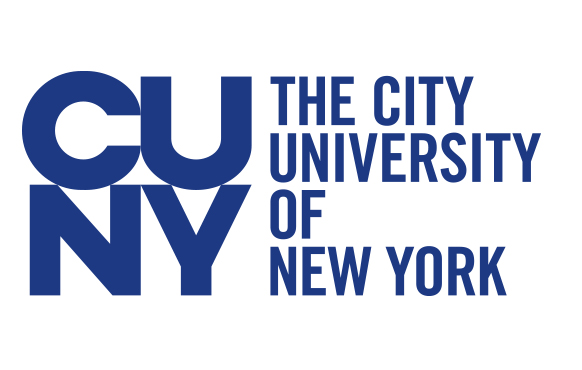New York, NY — Dominick Spagnolo, a Signal Maintainer and union rep – Section Chair and Division Vice Chair – was down at Ground Zero the day after the attack. He says that what he witnessed when he was there was “like something out of a horror movie.” When he exited the train station, he saw “A lot of dust, baby carriages that were just thrown, shoes…no people, no cars. Every so often you would see an Army jeep coming by with a guy mounted in the back with a machine gun. As we got closer to the site we started getting the smell of – I didn’t know what the smell was – but an EMT then told me it was ‘the smell of death.’ People being burnt. It was horrible, I still remember it today, that’s how bad it was. And as we kept walking, then you see the fires, the smoke from the buildings being collapsed. Then when we got there we started helping out as best we could.” He added that buildings around them were in imminent danger of collapse, and that alarms would periodically go off in warning.
Adding to the horror, he says, “Every so often the stretcher would come out with the bodies on it, and you could tell they weren’t full bodies, sometimes [firemen’s] helmets come out. Just the helmet, no body.” “Every so often they would tell everybody to be quiet…maybe they heard something, somebody screaming.”
Tragically, he adds, “[But] at that point it wasn’t a rescue, it was a recovery.”
Spagnolo worked down at the site for three months, with one week off at a work convention. As a union rep, he had to make sure “members weren’t being abused down there.” One example of what he means by that is when workers were asked [by MTA management] to go underground to check a relay room, which was right underneath a building that could have collapsed. “You can’t send them down there because God forbid it collapses, these guys would be down there and be trapped.” “You want to go with them, I’ll go with you, we’ll all go together,” Spagnolo says he countered to management. “If you don’t want to go, you want to send them down there?…so that’s what you had to look for, that they would send somebody into an unsafe area without being checked.”
Spagnolo developed PTSD and neuropathy, allergies, and polyps. He received some compensation and a settlement but had to visit a pulmonologist for his lungs.
Like many of his colleagues, he feels that the recognition awarded to other first responders such as firemen has been denied the transit workers. “They shortchanged our union,” he says, referencing transit workers’ omission from the 9/11 Museum. “We were the first ones down there. Transit workers with the bulldozers. We cleared the way for the Fire Department to get down there…Gave out equipment – vests, helmets, flashlights to everybody. And we were never recognized for the work we did down there. Sanitation, police – you hear about everybody. When it comes to transit – nothing.”




